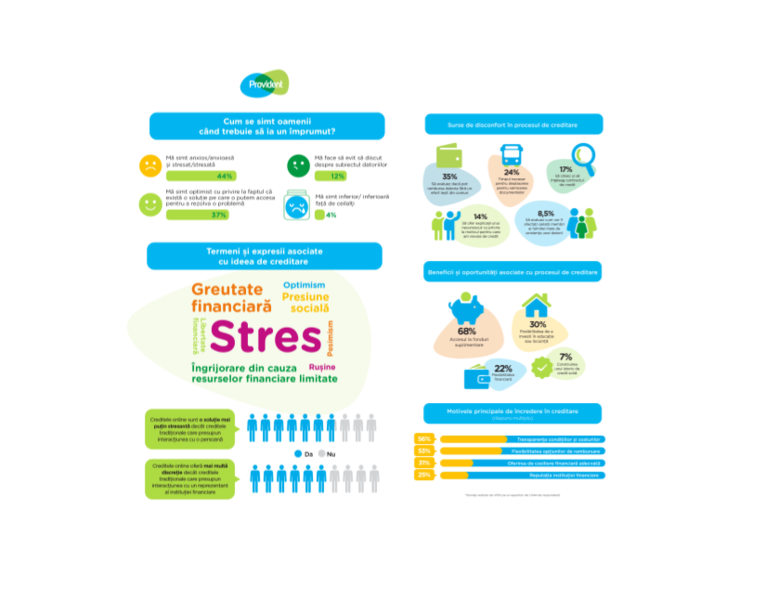Romania's Constitutional Court brought up arguments on Thursday on its decision to declare as unconstitutional several articles of a law based on which the National Integrity Agency (ANI) operates - a decision that has led to huge controversy given that it practically removes the main responsibilities of the body in charge with checking the wealth and interest statements of public officials. According to the Court, the decision was made because ANI had responsibilities above those of an administrative body and created confusion between inquiry and judgment, according to news agency Mediafax.
Additionally, the Constitutional Court says in a press release that by the time it made the decision regarding ANI, none of its judges had been informed about possible ANI procedures to check their wealth. That comes as the media has reported that ANI was due to pursue such checks.
According to the Court, the Constitution eliminates the possibility that hybrid bodies be established with both administrative and jurisdictional prerogatives functioning under parliamentary control, as ANI is.
And it said that by April 14, when it made the decision on ANI, no member of the Constitutional Court had been informed about ANI procedures to check their wealth and that the Court had not received any document requests on behalf of the agency.




















